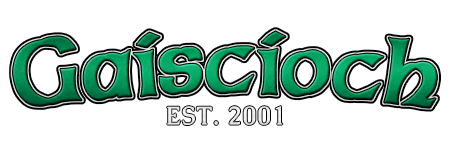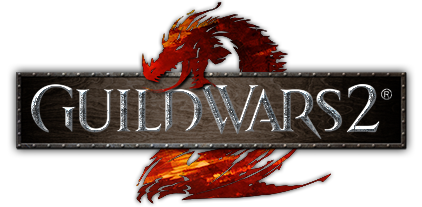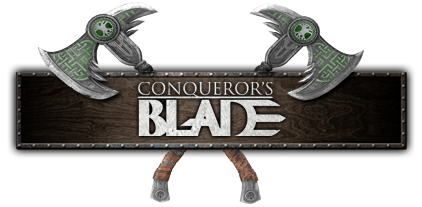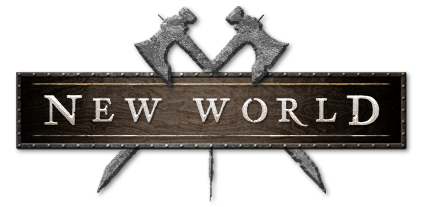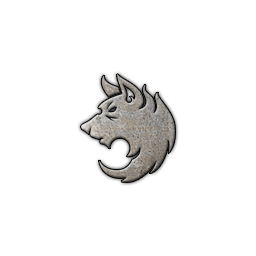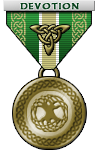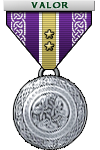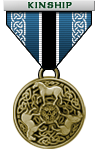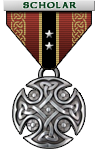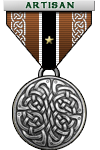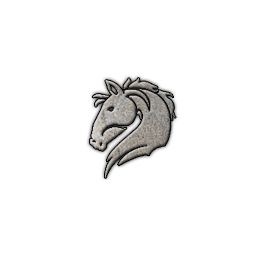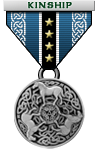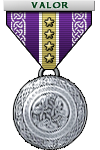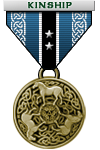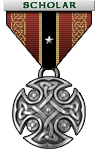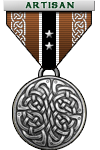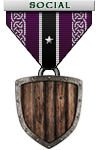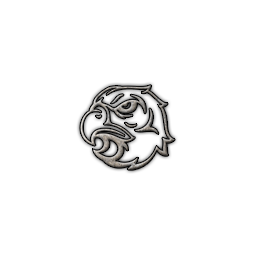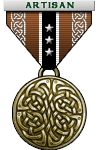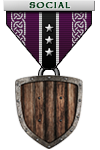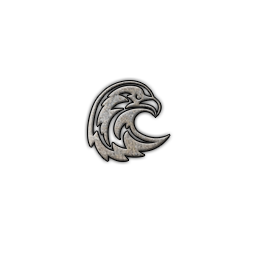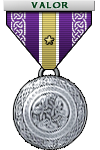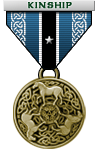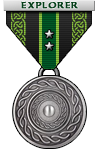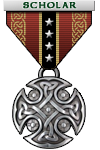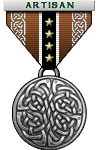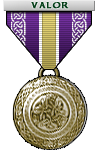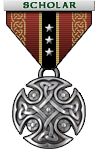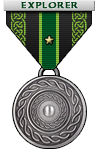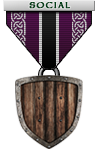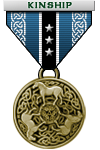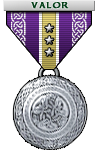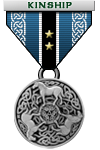Account security is important, getting your password guessed is terrible. So let's not have that happen.
First, make sure you have working antivirus and firewall. No matter how good your passwords are you it won't matter if you have a keylogger running. You will never notice a modern virus running on your computer.
I STRONGLY recommend disabling the Java plugin in all browsers. There is currently an exploit in the wild that allows arbitrary code, such as a keylogger, to infect your machine. The fix is not planned until October. If you don't need it for some reason, uninstall Java entirely. If you do need it, disable the plugin in your main browser, then install a second browser with the plugin enabled to use only on the website where you need Java.
Due to various evidence* I believe passwords are likely securely stored by ArenaNet. Even if they are hacked it should take a long time to guess any sufficiently secure password.
DO NOT MAKE UP A PASSWORD BY THINKING OF "RANDOM" WORDS/CHARACTERS. Humans are very, very bad at randomness, and passwords need randomness. Happily, almost everyone has a good secure source of randomness easily available: dice.
Step 1: Open http://world.std.com/~reinhold/diceware.wordlist.asc
Step 2: Roll 5 dice (or one die 5 times) and record the resulting number.
Step 3: Find the number from step 2 above in the wordlist. Record the corresponding word.
Step 4: Repeat steps 2-3 five (or more) times. The resulting five words are your passphrase. Write this down.**
This passphrase is your new password to log into GW2. Repeat the above for your e-mail, since if that password can be guessed the GW2 password can be reset. (Likely along with other more important passwords, such as online banking. Or did you think your mother's maiden name and favorite color were actually secret?)
You now have 2 secure, reasonably easy-to-remember passwords. But you likely have a lot more games/sites that are important, and memorizing tons of passphrases is still hard. After all, they all need to be different! KeePass Password Safe is a good way to store passwords. Chose a good, strong passphrase (5 or more words, I use ten but that's severe overkill) for the password safe, and store all your passwords in there. It even has a password generation function for secure short passwords on sites with a password length limit.*** I recommend at least 64 bits in the "quality" field.
Why 5 words?
Four words are breakable with a hundred or so PCs. Or by paying for about $10-15 of time on Amazon's EC2 service.
Five words are only breakable by an organization with a large budget.
Six words appear unbreakable for the near future, but may be within the range of large organizations by around 2014.
Seven words and longer are unbreakable with any known technology, but may be within the range of large organizations by around 2030.
Eight words should be completely secure through 2050.
The NSA/CIA are not likely to be stealing GW2 accounts. It's thus long enough to be secure against the expected attackers, yet short enough to be memorable.
*Log-in sessions are SSL encrypted, passwords are likely stored hashed due to chroma-key indicating the ANet devs know about hashing. I'd like to confirm with the devs that a secure password hashing function was used, such as PBKDF2 or Bcrypt, instead of a non-password hashing algorithm, such as SHA.
**Contrary to what some people say writing down passwords is not always bad. In your home only people you trust to have physical access to your computer will be able to find the written-down password. Anyone with physical access to your computer can get the password anyway (by installing a keylogger, for example) so writing it down doesn't significantly decrease security.
***Any site with a short (under 1000 characters) password length limit should be considered to be publishing that password to the world. It's such an elementary security mistake that anyone who makes it should be considered incompetent, and so the bits that are harder to get right (secure storage, etc) are probably also done wrong.
